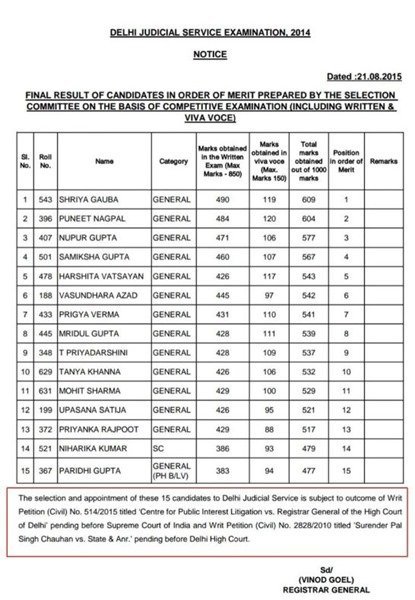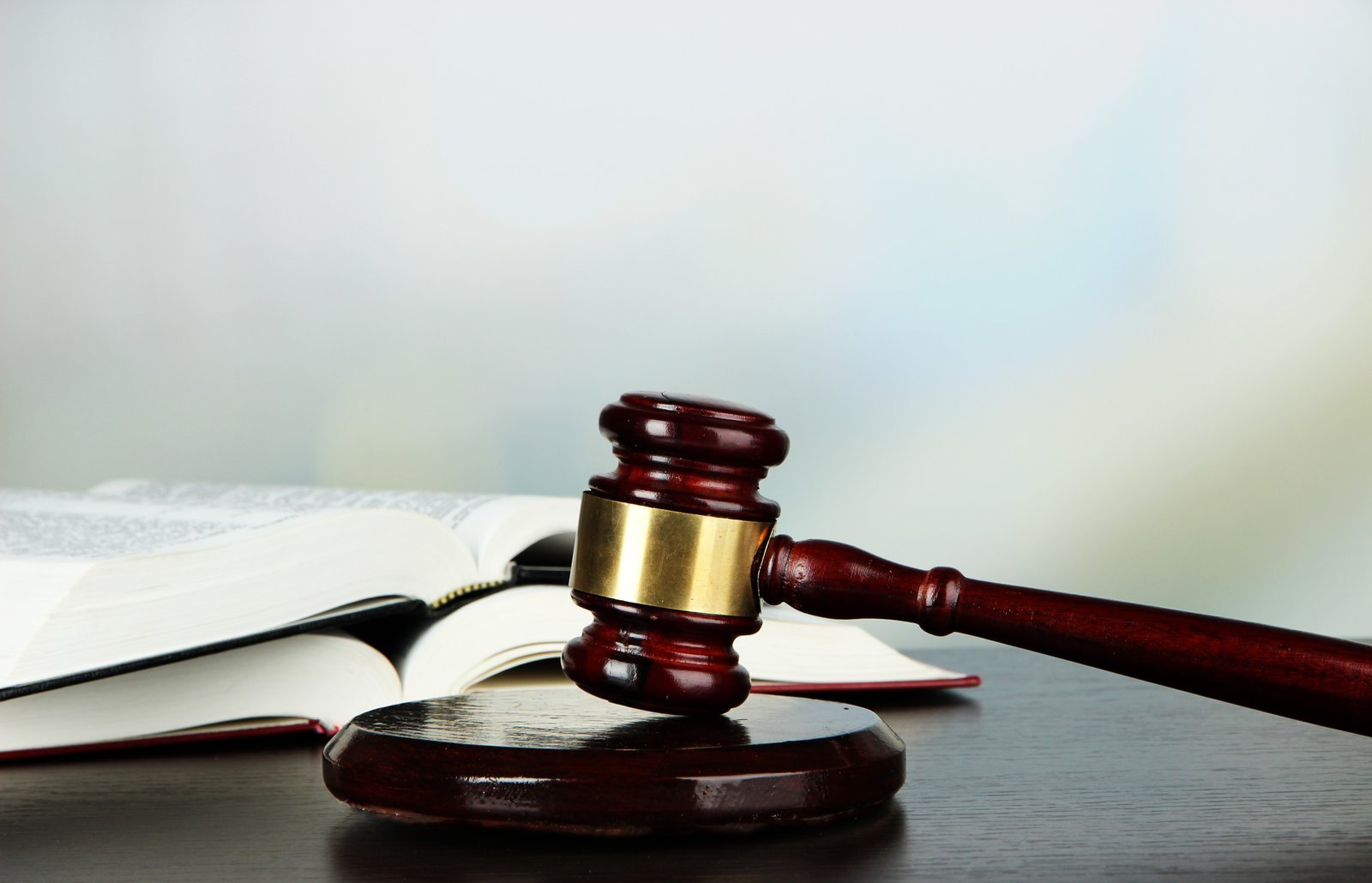Should India be known as Bharat? Having issued notice in a public interest litigation petition in April last year, a division bench of Supreme Court of India headed by the Chief Justice of India TS Thakur will be posed with this question on 11 March (today).
Listed as item 33 in the chief court, the matter is listed before the bench also comprising of Justice UU Lalit, for ‘final disposal’.
Filed by Niranjan Bhatwal, who claims to be a social activist from Maharashtra, the PIL has made a prayer before the Supreme Court to:
issue writ of mandamus directing the Union Government to use the name ‘Bharat’ for all official and unofficial purposes of the Government, etc.
Along with the Union of India, Bhatwal has arrayed all states and Union Territories as parties in the PIL.
When the matter had come up for its first hearing before the bench comprising of then Chief Justice of India HL Dattu, and Justices Madan B Lokur and MY Eqbal, an order was passed which only read:
Notice.
As we know, article 1 (1) of the Constitution of India reads:
India, that is Bharat, shall be a Union of States.
Though the issuance of notice may have come as a surprise to few, this litigation has history attached to it.
Niranjan Bhatwal had in 2014 filed a PIL petition seeking similar relief in Niranjan Bhatwal v. Union of India and Ors – Writ Petition (Civil) No. 924 of 2014.
However, when the matter came for its first hearing on 10 November 2014, the bench comprising of then Chief Justice of India HL Dattu and AK Sikri dismissed the petition as withdrawn by Bhatwal’s counsel, with the following observation:
The Writ Petition is disposed of as withdrawn with liberty to make appropriate representation before the appropriate authorities for appropriate relief(s).
As reported, the bench had made an oral observation:
You (Bhatwal) can come to us only after the authorities have responded to your representation or choose not to respond.
Thereafter, Bhatwal sent a representation to the Office of the Prime Minister of India, along with copy of the Writ Petition No. 924 of 2014, seeking appropriate action.
However, his request was not acceded to and the rejection was communicated to him on 24 February 2015.
After having pursued the remedy suggested by the Supreme Court, Bhatwal once again knocked the door of the Court with a fresh PIL petition. This time the court favoured him and issued notice in his petition through a one worded order.
The PIL
The PIL petition has sought a direction to restrain the Centre from using the name India for any government purposes and in official papers. Petition also seeks such a direction against NGOs and corporate bodies.
Raising a ground in support of the petition, it has claimed that insertion of ‘India’ in article 1 of the Constitution was merely for the purpose of reference, in order to repeal the Government of India Act 1935 and the Indian Independence Act 1947, wherein the country had been referred to as India.
Article 395 of the Constitution, upon the inception of the Constitution, repealed those two acts passed by the Parliament of the United Kingdom for India.
Central Government opposes the Bharat name
After the notice was issued, the Union of India filed its reply / counter affidavit on 7 August 2015.
Other than the Union of India, only the state of Punjab and the Union Territory of Lakshadweep have filed their counter affidavits.
In its reply, the Central Government has maintained its earlier stand and hassubmitted before the court that “there is no change in circumstances to consider any change in article 1 of the Constitution. Opposing the PIL, government has further submitted that issues regarding the country’s name were deliberated upon extensively by the Constituent Assembly during drafting of the Constitution and clauses in article 1 were adopted unanimously.
Denying the claim that country was intended to be named as ‘Bharat’, government has told court that the name ‘Bharat’ did not figure in the original draft of the Constitution and it was only during debates that the Constituent Assembly considered names such as Bharat, Bharatbhumi, Bharatvarsh, India that is Bharat, Bharat that is India.
A social group named ‘Bharath Sadhana Samiti’ has also filed an application seeking its impleadment in the PIL and the same is also listed before the court along with the main petition.
Private member bill seeks to replace India with Hindustan
Talking of names, Yogi Adityanath, a Member of Parliament from Gorakhpur had moved a private member bill – The Constitution (Amendment) Bill, 2014 which also sought an amendment in the article 1 of the Constitution of India, to replace ‘India’ with ‘Hindustan’.
Source – www.legallyindia.com


